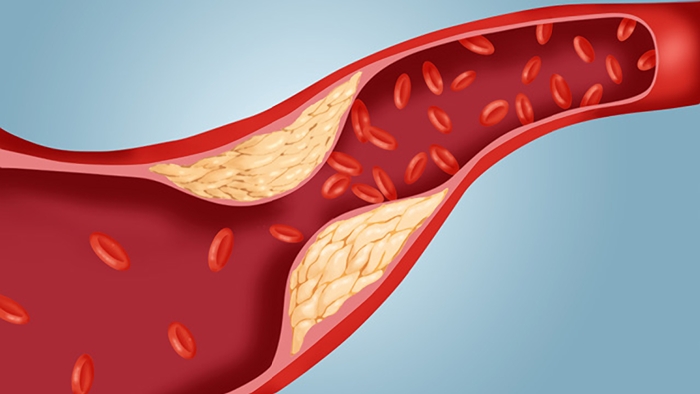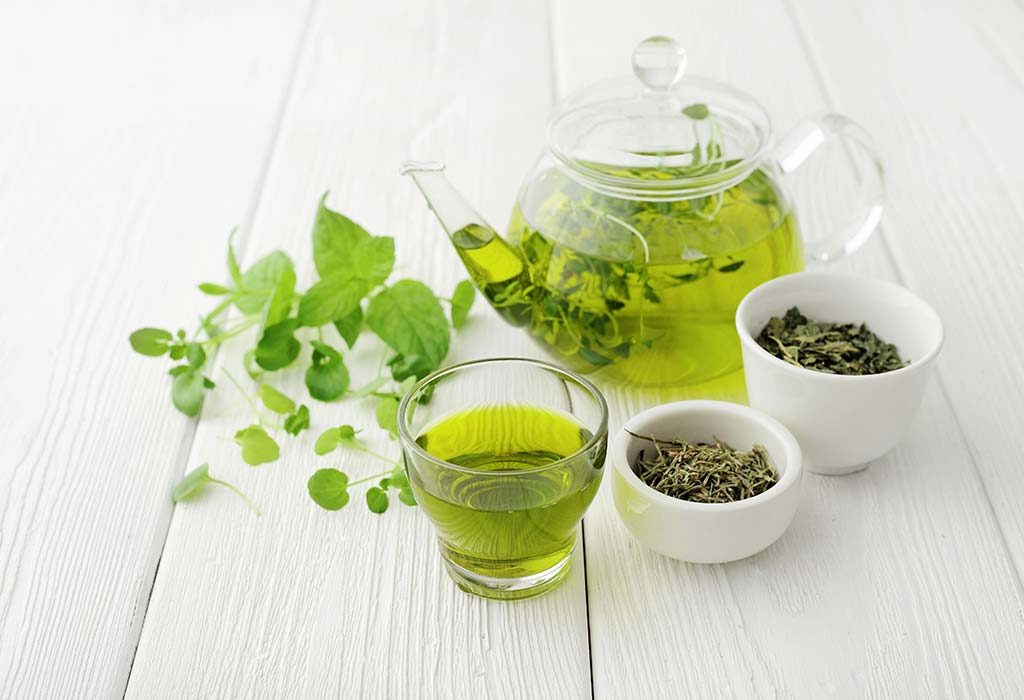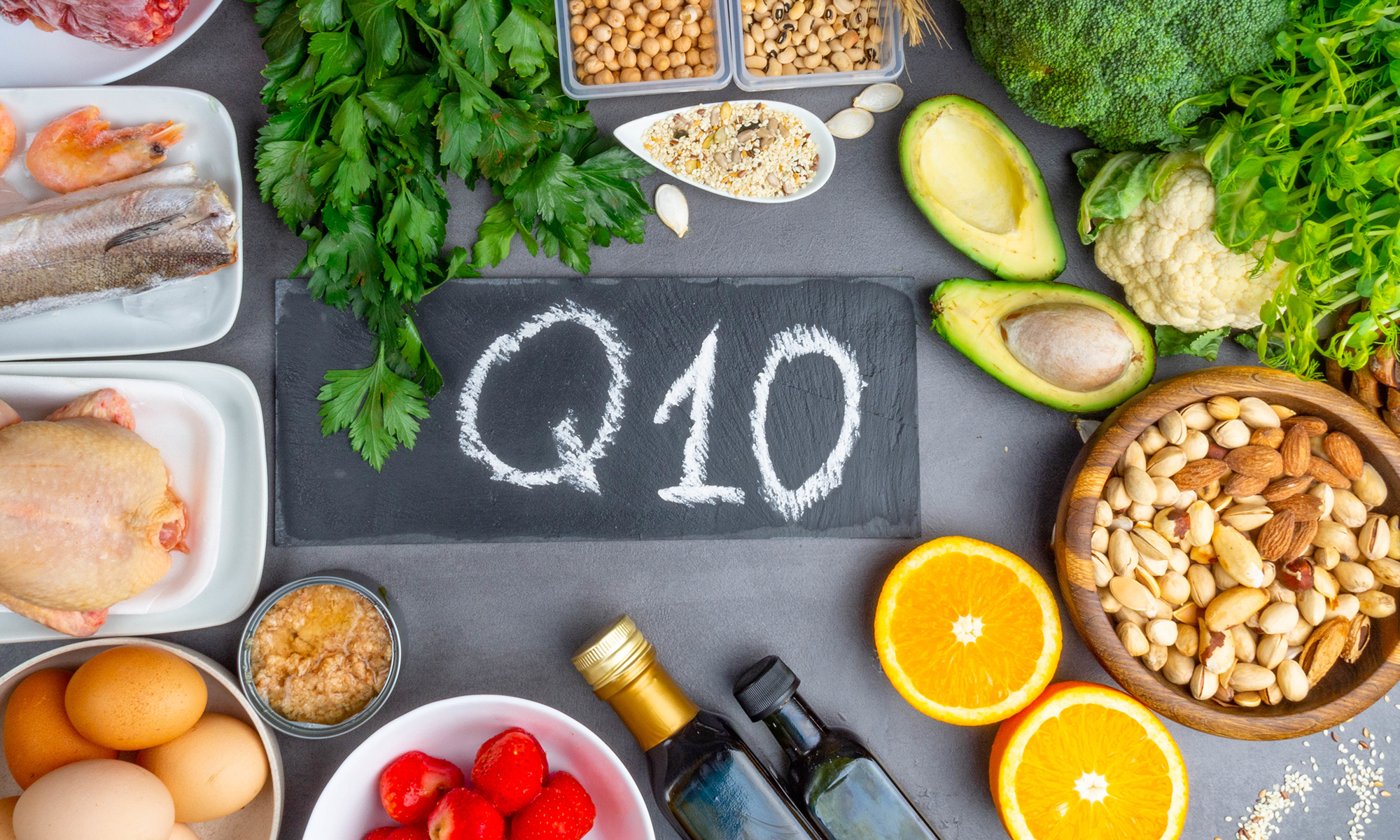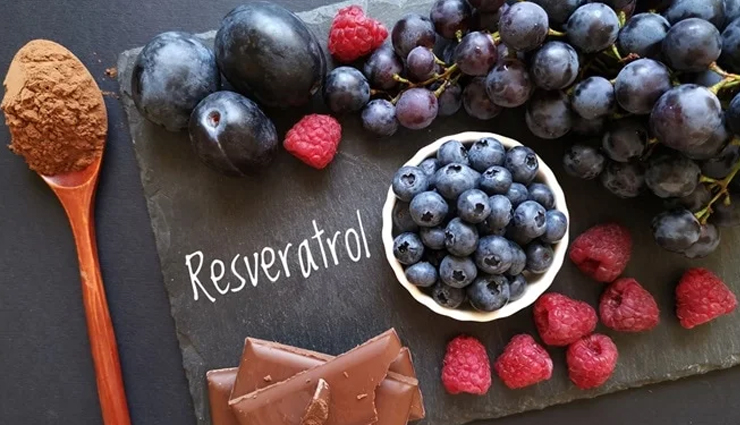10 Holiday Stress Tips: Effective Ways to Reduce Holiday Stress
The holidays are such a joyous time. Spending time with family and friends, and reflecting on what is truly important in our lives. However, with the holidays come the potential for added stressors. Holiday shopping at busy stores, finding that special ingredient at the grocery store, and holiday travel to name just a few.
The hustle and bustle of the holiday season can creep into our daily routine, and before we know it we are “stressed out”.
But there are easy ways to stay ahead of the stress so we can enjoy the beauty of the season. Save some time to sit in front of an open fire to read a book and sip a cup of your favorite tea. Look at family photo albums. Cherish the moment of the season and just be still – even briefly.
This holiday season, before things get out of hand; learn holiday stress tips & how to effectively manage stress so it doesn’t take control of your life and your health. From everyone at EffiHealth, we wish you and your family a joyous and stress free holiday season!
10 Tips for Reducing Holiday Stress
Although the holiday lights that illuminate our neighborhoods evoke feelings of cheer, according to the American Psychological Association, 38% of Americans claim their stress levels go up during the holidays. Cooking big dinners & cleaning up afterwards, feeling pressure to buy gifts, and shopping in crowded malls are some of the triggers.
These triggers could create irritability, fatigue, and grief about the people who will be missing from our celebrations.
Whatever you’re dealing with, here are some tips that can help you get through the holiday season with more awareness and a little less stress.
1. Boost Your Immune System
Boost your immune system with vitamin D3. When we’re stressed it’s easier to succumb to colds and flu, so it’s important to strengthen your immune system. You know that vitamin C is one of the greatest immune boosters to stave off a cold. But did you know that vitamin D3 is just as important? Recent evidence shows that vitamin D plays an essential role in the immune response against viral infections.
Not only that, researchers have found a correlation between vitamin D deficiency and low mood, depression and worse cognitive performance in older adults. In one study, patients who had a severe vitamin D deficiency were twice as likely to suffer from depression. If you live at a latitude of 42 degrees (a line approximately between the northern border of California and Boston) the sun’s rays are too low between November and February for your skin to get the sunlight it needs for cutaneous vitamin D synthesis. So vitamin D supplementation is highly recommended.1,2
2. Support Your Mood with Vitamins & Nutrients.
Magnesium, B complex, fish-oil, walnuts, flax seeds, dark leafy greens, and high quality protein all help reduce stress and uplift mood.
3. Create a New Tradition.
If you’re missing someone at your table, set a place setting for them, and include their favorite dish in your meal plan. You may feel sad, but acknowledging your feelings will help relieve some of the stress.
4. Get a Journal.
Journal or use a writing prompt to get your feelings on the page. For example: I wish I could . . . I’m upset about . . . I’m grateful for . . .
5. Get Into a Walking Routine.

Schedule a regular time to walk with a neighbor. Or take your neighbor’s dog for a walk. Walking in the fresh air is one of the best ways to reduce stress. In addition, any type of exercise will boost endorphins, distract you from your worries, and support your immune system.3
6. Stay hydrated!
Drink a glass of water every other hour to keep hydrated. Staying hydrated helps support immunity, and reduces stress and irritability. Your brain needs water, too. A dehydrated brain doesn’t think clearly, which can contribute to stress and anxiety.
7. Practice Mindfulness.
If you already have a meditation practice, try to stick with it. If you can’t sit cross-legged, or even sit still, no problem. Lie down, let your awareness go where it wants to go. Use a mantra, or a generic word like peace, om, etc. If your mind wanders, just come back to the word when you’re aware that you’re not thinking it. You’ll be amazed at how refreshed you feel when you “come back” 10 to 20 minutes later.
8. Take Resveratrol
Reduce stress and anxiety with Resveratrol. This polyphenol compound that’s found in red grapes can have an anti-stress effect by blocking the expression of an enzyme related to the control of stress in the brain. Not only that, it promotes immune health, healthy cholesterol levels, and offers support for healthy aging.4
9. Drink Green Tea.
Sit down and enjoy a cup of green tea. L-theanine, the amino acid in green tea, has been proven to reduce sleep quality problems and to improve the mental state of healthy subjects.5
10. Try Singing.
Join a local Christmas carol group. Singing has been proven to reduce stress.
Overall
Happy holidays and Happy New Year! Our wish for you is that you and your family stay healthy and happy throughout the holidays and all year.

















